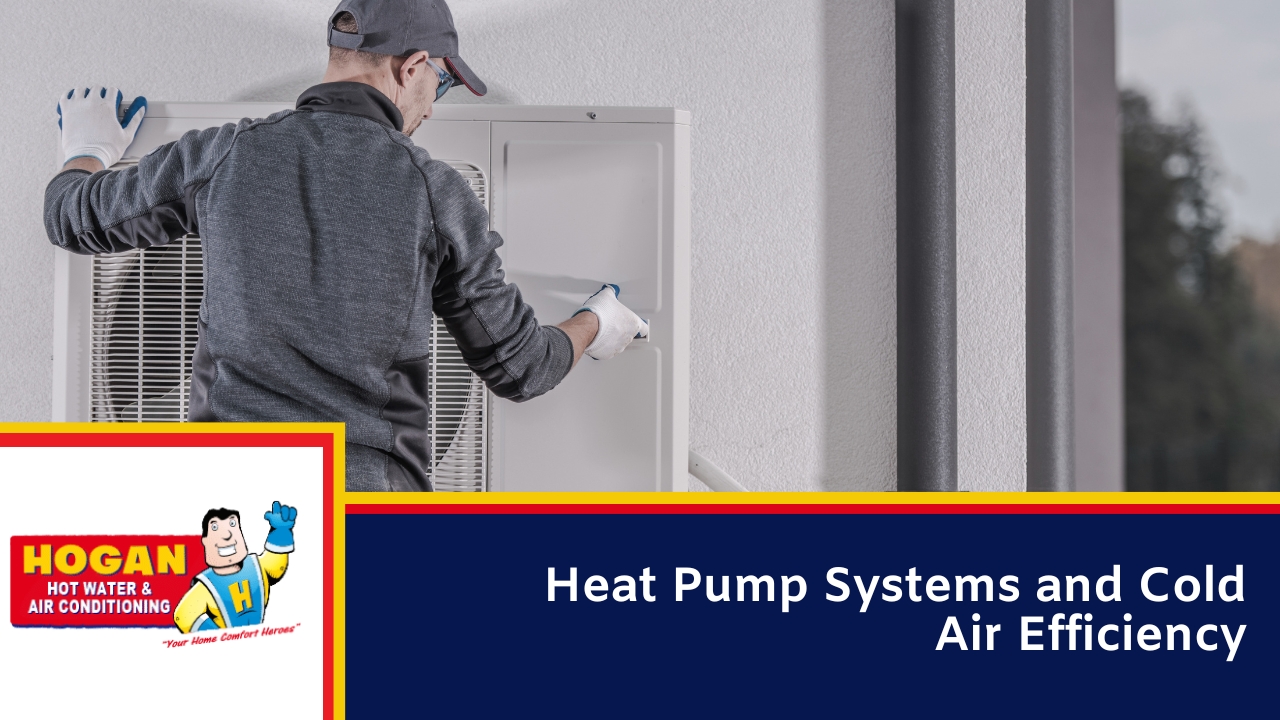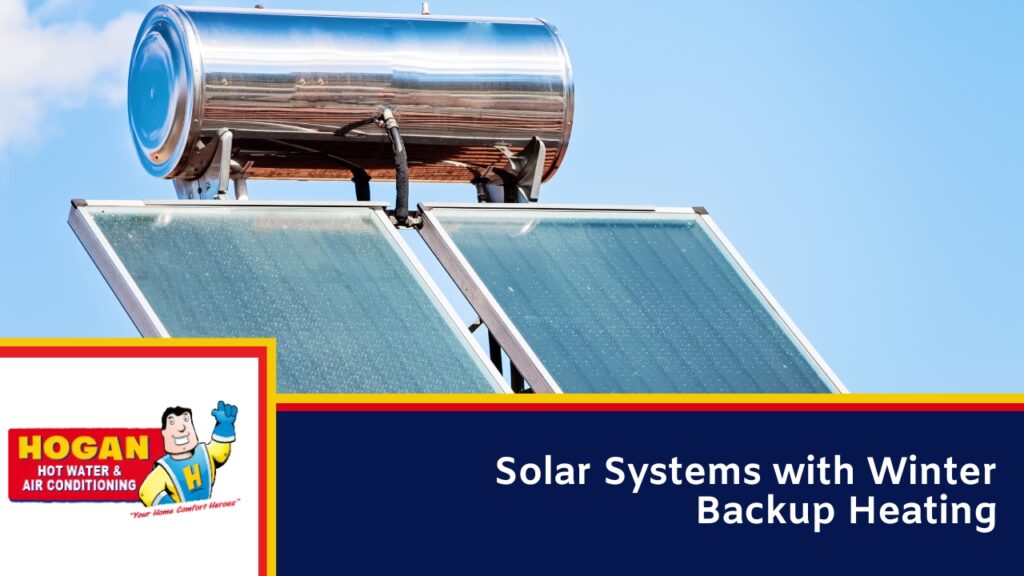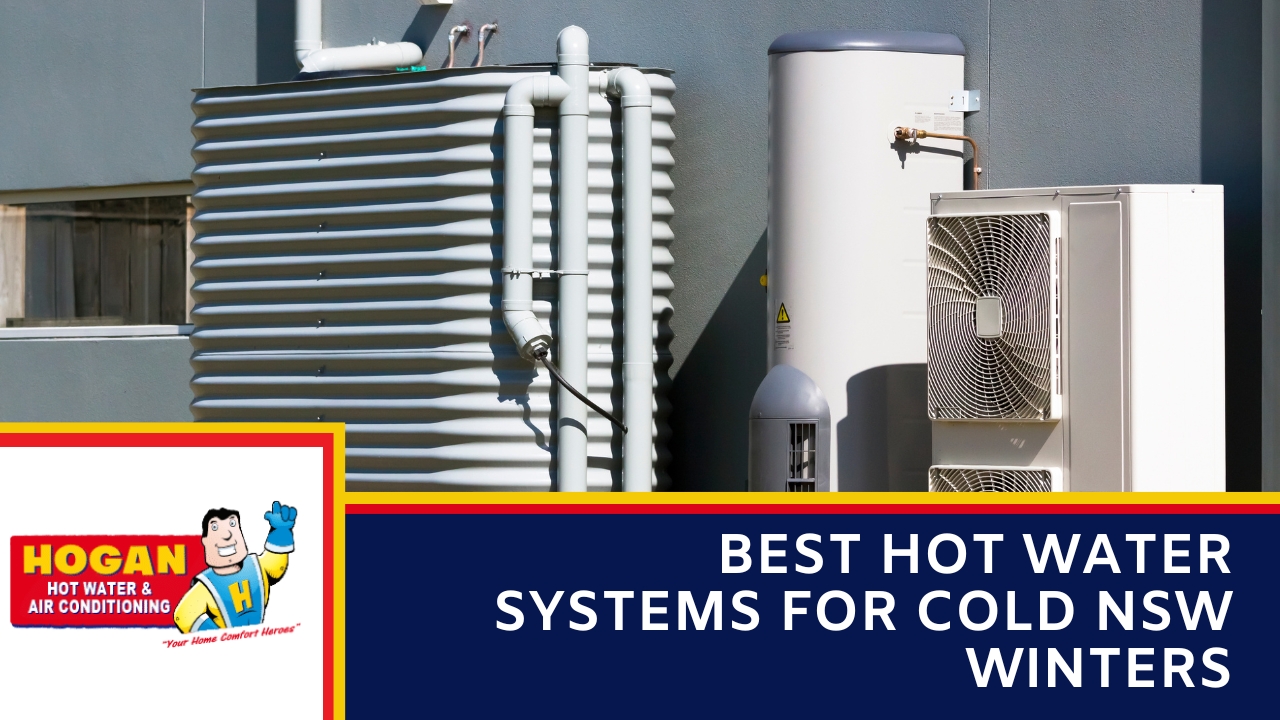During winter in Newcastle, Lake Macquarie and surrounding areas, the need for consistent hot water increases. Many households face slow heating, high running costs or system failure when temperatures drop. These problems are often caused by using the wrong type of system or relying on older models that no longer perform efficiently.
Electric, gas, solar and heat pump systems each respond differently to cold weather. Some operate with backup boosters, while others rely on stored water or on-demand heating. Choosing the right setup requires assessing property layout, usage patterns, and energy availability.
This guide compares system types that work well in cold conditions. It also explains which features help maintain water temperature and reduce energy use. All recommendations are based on experience from licensed trades servicing NSW homes across winter months.
Heat Pump Systems and Cold Air Efficiency
Heat pump hot water systems use ambient air to heat water through a refrigeration cycle. These units are more energy efficient than standard electric systems and are often supported by rebates in NSW.
In winter, performance depends on correct placement and airflow. Models with defrost cycles and insulated tanks can maintain temperature in cooler mornings. Some units also include electric boosters that activate during cold spells or peak use.
iStore, Saxon, Rheem MPi, Dux Aeroheat and Quantum are among the heat pump systems installed in NSW homes. These models are compatible with smaller outdoor spaces and operate with low noise.

Scheduled servicing ensures fan motors, coils and refrigerant lines remain functional. In colder regions, frost protection settings should also be checked to avoid efficiency loss.
Electric Storage Systems for Steady Heating
Electric storage systems heat water inside a tank using an internal element. They provide a consistent volume of hot water, which is stored and ready for use during cold periods.
These systems are simple to install and compatible with off-peak energy rates. Insulated tanks reduce heat loss, and newer models include thermostats with more precise temperature control.
For cold mornings in Lake Macquarie or the Central Coast, systems with larger tanks can meet increased demand. Maintenance includes element replacement and pressure valve checks. Anode servicing is also important to prevent rust inside the tank.
Although not the lowest-cost option to run long term, electric storage systems remain widely used due to low installation complexity and stable operation. Upgrading older units can reduce energy use and improve heating speed.
Gas Systems for High Winter Demand
Gas hot water systems use either a burner in a tank (storage) or a heat exchanger (continuous flow). Both types respond well to cold-weather demand and are common in multi-user households.
Continuous flow models activate when hot water is needed. They do not rely on storage, which avoids heat loss. These units are mounted outdoors and require proper venting and gas supply. Suitable for homes with consistent hot water use across early mornings and evenings.
Storage gas units retain heated water for immediate use. They reheat quickly after partial tank use and are available in various capacities. LPG and natural gas compatibility makes them suitable for both suburban and semi-rural properties.
All gas systems must be installed and serviced by licensed gas fitters. This includes testing for leaks, flame failure, and flue clearance.
Solar Systems with Winter Backup Heating

Solar hot water systems use rooftop collectors to transfer heat to a storage tank. In winter, performance relies on sunlight hours, panel orientation, and whether a backup system is in place.
Most systems include electric or gas boosters that activate during low solar output. Evacuated tube collectors often perform better than flat panels during cold or overcast conditions, as they retain heat more effectively.
Solar systems suit properties with clear roof access. Tank placement varies—some systems mount both tanks and collectors on the roof, while others use ground-mounted tanks with roof piping.
Scheduled inspections confirm panels are clear of debris, insulation remains effective, and all pumps and sensors operate correctly. Booster systems should be tested before winter to maintain hot water supply during periods of low sunlight.
Choosing the Right System for NSW Winters
Each system type has different advantages depending on property layout, household size, energy tariffs and climate. Heat pumps and solar systems offer long-term efficiency. Gas systems handle high demand. Electric systems are consistent and easy to install.
System selection should include an assessment of:
- Available energy connections (gas, electricity, solar)
- Daily usage volume and peak times
- Installation location and ventilation access
- Budget for setup vs. operating costs
We provide licensed installation across Newcastle, Maitland, Lake Macquarie and the Central Coast. Our team assesses system performance in cold conditions and recommends options suited to usage patterns, energy supply and site layout.
Frequently Asked Questions
Do heat pumps work efficiently during winter?
Yes. Most models are designed for temperatures as low as -5°C. Units with frost protection and electric boosters perform best during cold mornings.
What size tank is needed in winter?
A typical 3–4 person household may need 250–315L for electric or gas storage. Larger tanks help avoid hot water shortages during high morning use.
Can solar hot water work on cloudy days?
Yes, but booster systems (gas or electric) are required to maintain temperature. Evacuated tube collectors hold heat better in cooler conditions.
Are continuous flow systems reliable in cold weather?
Yes. They heat water on demand and are not affected by storage loss. Flow rate and water pressure should be checked during setup.
What rebates apply to winter hot water upgrades?
NSW energy rebates may apply to heat pump and solar upgrades. Eligibility depends on existing system type, property location and installer accreditation.
Winter Servicing and System Checks
At Hogan Hot Water & Air Conditioning, we install, upgrade and maintain electric, gas, solar and heat pump systems. Our licensed team services Newcastle, Maitland, Lake Macquarie and the Central Coast.
If your system shows signs of wear, delay in heating, or reduced flow during colder periods, contact us to arrange an inspection. Servicing includes pressure checks, thermostat testing, burner cleaning and part replacement. All work is completed to current Australian standards.

